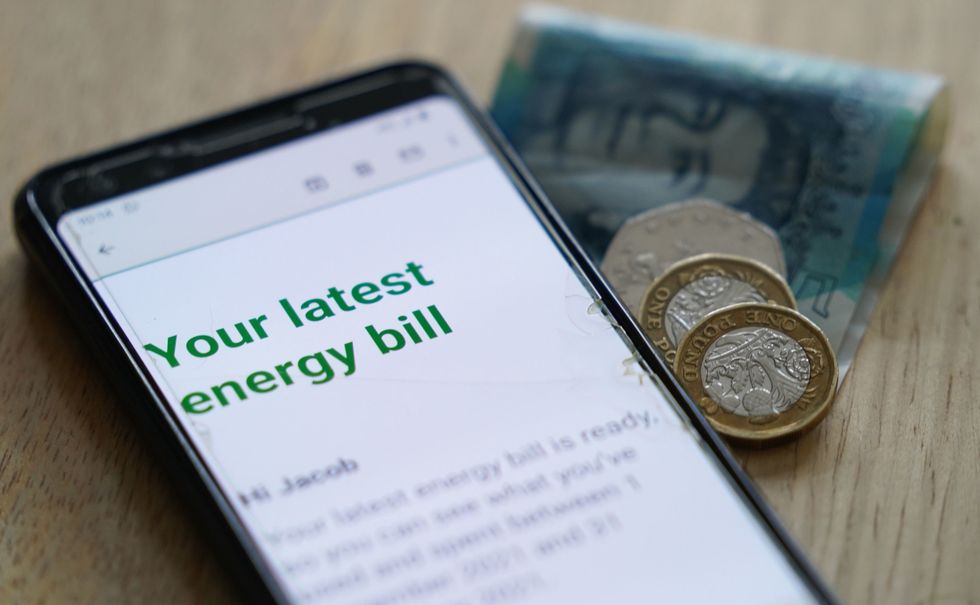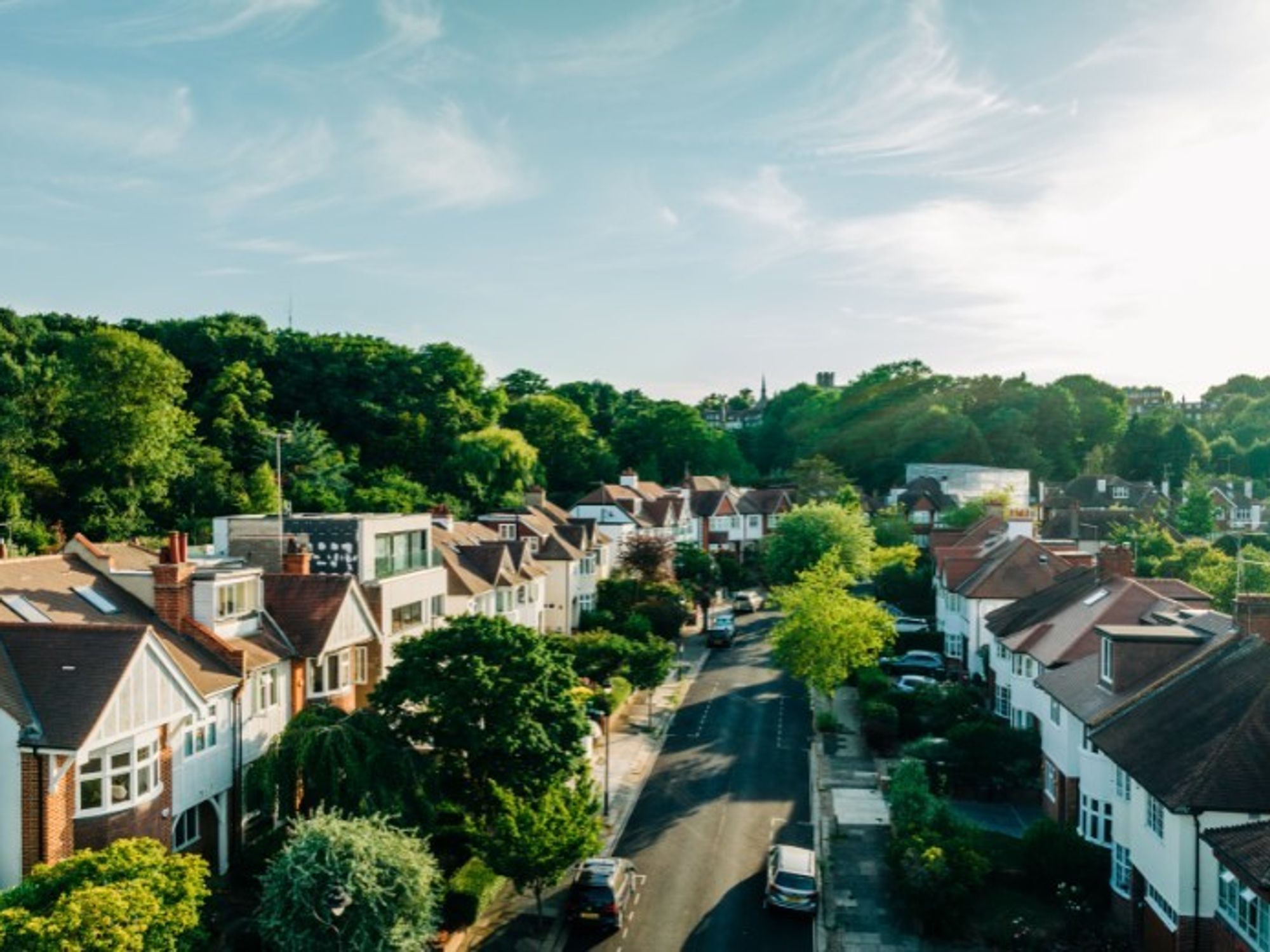UK inflation hits lowest rate in two years - fall to 4.6 per cent in promising sign for Rishi Sunak

UK inflation has fallen to the lowest rate in two years
|GETTY

The UK rate of inflation have fallen amid easing energy prices
Don't Miss
Most Read
The rate of price rises in the UK have fallen sharply in the year to last month, marking the lowest inflation rate for two years.
Official figures show Consumer Prices Index (CPI) inflation was 4.6 per cent per cent in the year to October 2023, down from 6.7 per cent in September.
It’s an encouraging sign for Prime Minister Rishi Sunak, who in January pledged to halve inflation to below 5.4 per cent by the end of the year.
CPI inflation peaked at 11.1 per cent in the year to October 2022.
Mr Sunak today said: “Inflation works like a tax. It eats into the pound in your pocket, affecting the price of your food shop, your mortgage, the size of your pension pot. This is why halving inflation has been my number one priority.
WATCH NOW: Liam Halligan reacts to inflation falling to 4.6 per cent
“Getting it down has involved hard decisions and fiscal discipline.
“Official figures released this morning confirm we have halved inflation meeting the first of the five priorities I set out at the beginning of this year.
“But while it is welcome news that prices are no longer rising as quickly, we know many people are continuing to struggle, which is why we must stay the course to continue to get inflation all the way back down to two per cent.”
What inflation means for you
Alice Haine, Personal Finance Analyst at Bestinvest said the battle against high prices is “finally gaining ground”.
She added: “Softening inflation is positive news for households as it means incomes might be less stretched than they have been, but a decline in the headline rate does not mean prices are reducing, just that they are rising less quickly compared to previous months."
The personal finance expert also said falling inflation could be a sign of good news for homeowners with a mortgage and those looking to purchase a property.
She said: “Falling inflation delivers fresh hope to mortgage holders and prospective buyers, who will be praying for interest rate cuts to soften the blow from high mortgage rates.
“However, for now, a headline rate of 5.25 per cent is likely to remain the status quo as the BoE endeavours to ensure inflation continues to ease in the coming months.”
Inflation and savings
The easing of inflation could offer some good news for savers, too, who could potentially take advantage of inflation-beating savings rates. However, savers are being urged to act fast.
‘It’s just eight months since inflation was in double-digits and the continued fall is good news for struggling UK households," Dean Butler, Managing Director for Retail Direct at Standard Life, part of Phoenix Group explained.
"It also means those who are thinking about how to make the most of their money now have the opportunity to make a return on their cash that exceeds inflation for the first time in many years.
"There are even a couple of easy-access accounts currently offering rates above 4.6 per cent.
“With further increases to the base interest rate perhaps unlikely, it’s possible that the best saving rates on offer have peaked so you may need to act fast to secure a good deal.
"While rates are high, cash ISAs are an attractive option as you won’t pay any tax on the interest you earn. Rumours of a shake-up of the ISA regime at next week’s Autumn Statement also make this a space to watch closely.
“However, for those in a position to do so, investing money rather than keeping it in cash traditionally offers the potential for higher growth in the long run." With investing, capital is at risk.
LATEST DEVELOPMENTS:

A slowdown in gas and electricity was expected to drive a drop in CPI inflation in October this year
|PA
Inflation and pensions
This fall in inflation was "sorely needed", Becky O’Connor, Director of Public Affairs at PensionBee, said.
She added: “Such a drop could mark the beginning of the end of the cost of living crisis, although prices are still high and the painful effects of this difficult period will continue to be felt for some time.
“For those trying to preserve the long term value of their life savings, including their pension, returning to lower inflation is absolutely vital.
"Retirees have been struggling to make their pensions last in the face of the recent bout of ultra-high inflation; while workers trying to boost their future pension pot have faced an uphill battle to maintain the real future value of their savings.
"A return to more normal economic conditions will be a boost to financial resilience and security and may enable people to start reprioritising planning, rather than just getting by.”
A slowdown in gas and electricity was expected to drive a drop in CPI inflation in October this year.
The Government was forced to subsidise energy costs last year, capping bills for typical households at £2,500 a year under the energy price guarantee.
Between October 1 and December 31 this year, Ofgem has set the energy price cap at £1,834 a year for a typical household using gas and electricity and paying by Direct Debit.
Without the energy price guarantee, these households would have faced a price cap £3,549 a year from October 2022, and £4,279 from January 2023.










